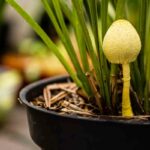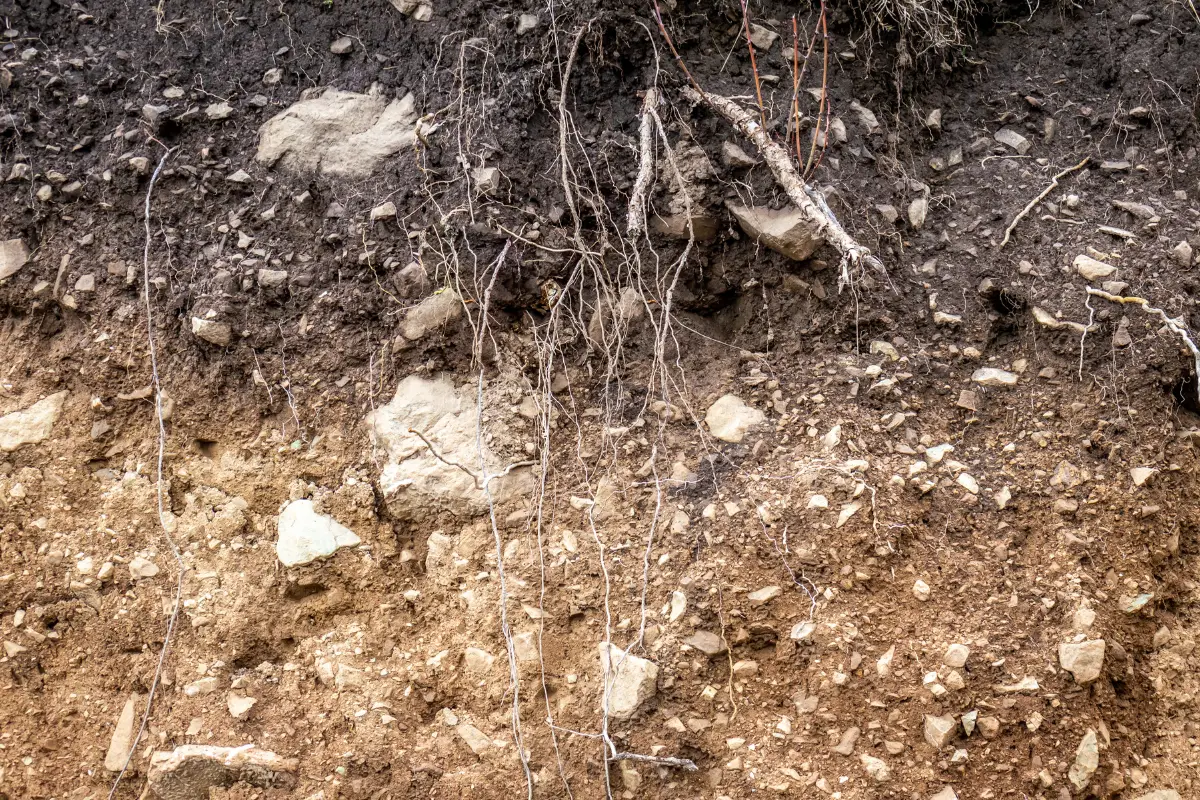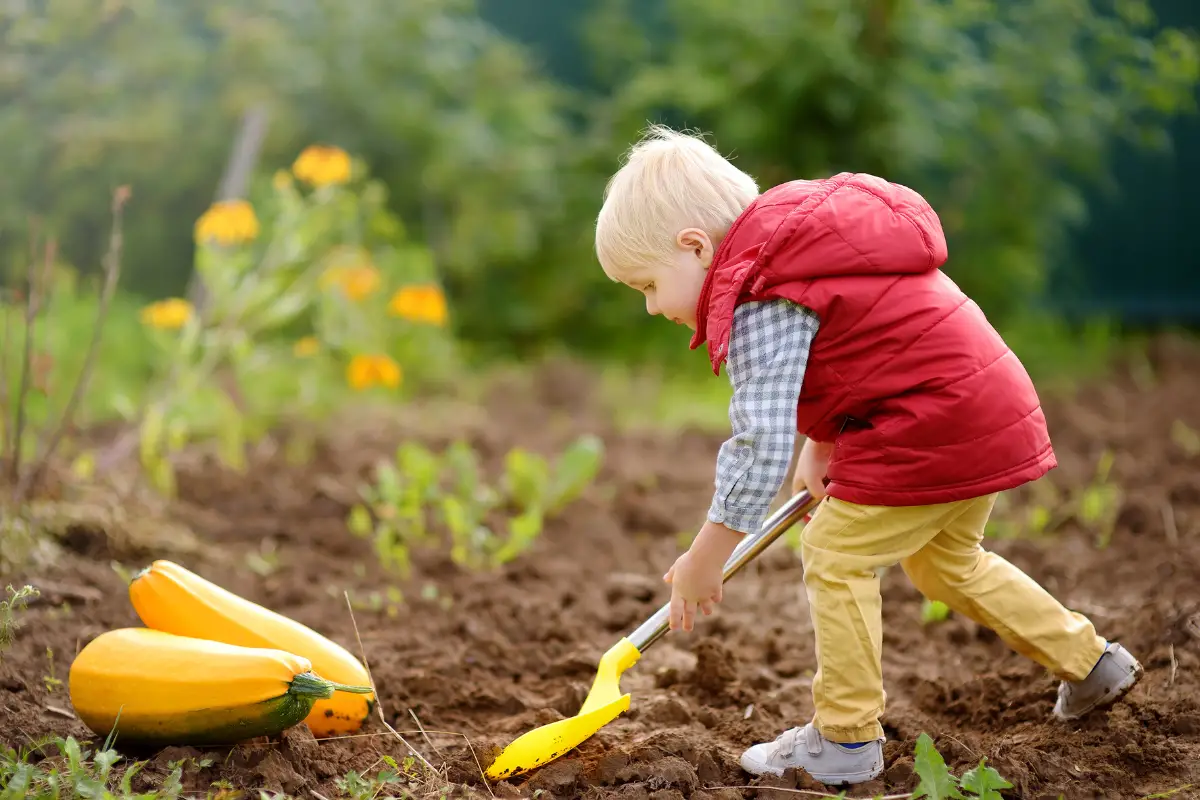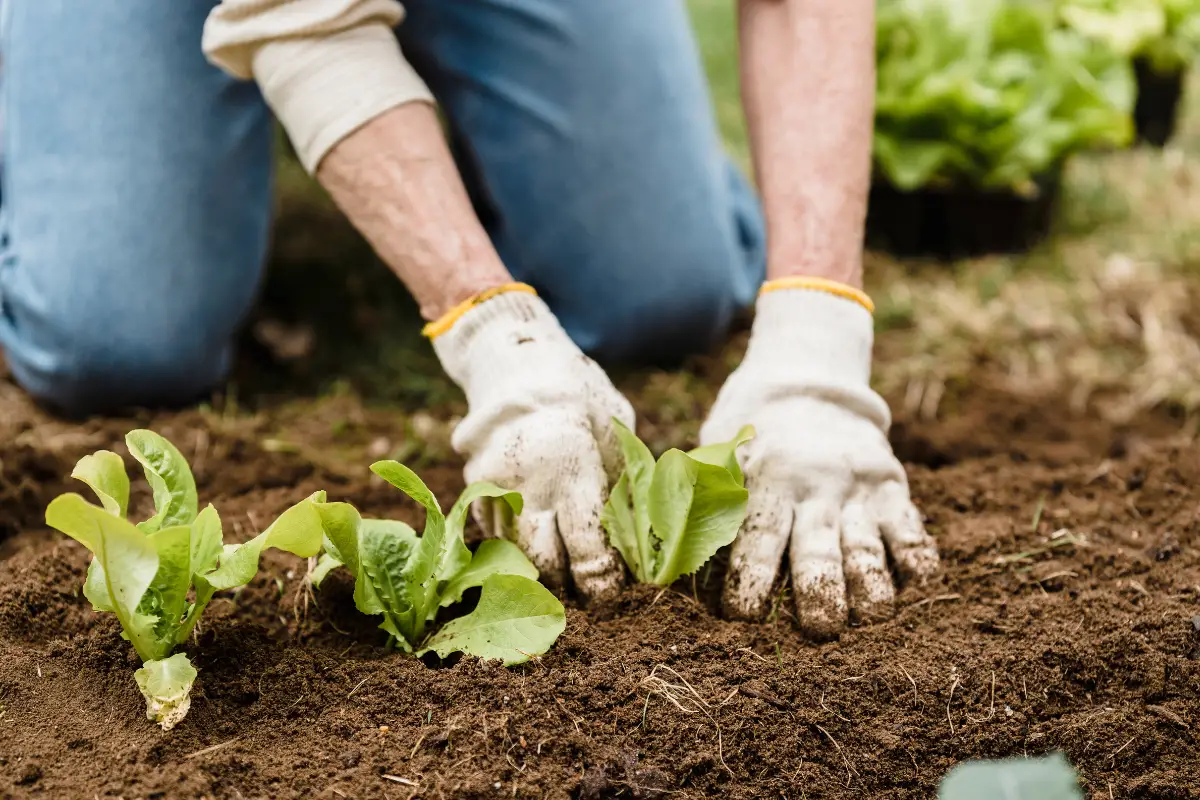When it comes to feeding your lawn organically, you must think about organic compost and organic fertilizers. You can use both to feed your lawn, and they will help it to grow a deep, rich green. Each offers different benefits but will ensure that your grass is strong and free from weeds.
We are going to cover why these two different sources of nutrients are important, and how you can apply them to your lawn.
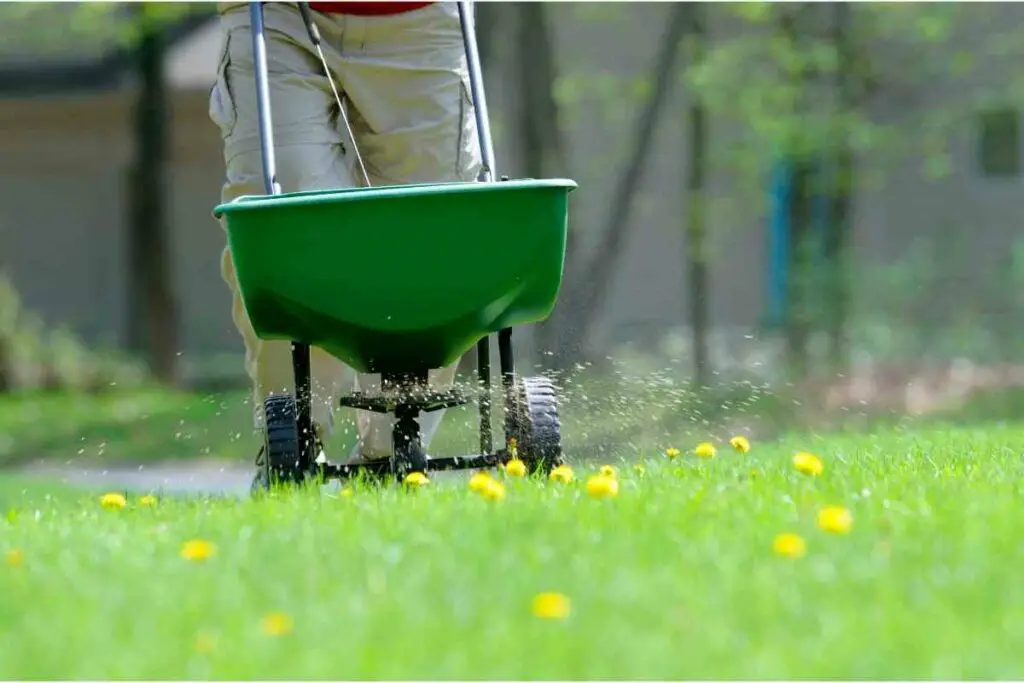
Table of Contents
Should You Add Organic Compost?
Compost is one of the biggest components when it comes to feeding your lawn, and, if you want an organic lawn, you need organic compost.
Compost serves multiple purposes, including:
- Providing fresh nutrients and minerals to your grass
- Improving the structure of the soil so that water remains available to your grass, but it doesn’t get too soggy
- Boosting the soil health by adding useful microorganisms, fungi, and nematodes that will help to fight off pests
Don’t ignore compost in favor of organic fertilizer, because fertilizers do not offer all of these benefits. Adding compost is a great way to keep your lawn healthy.
Where Can You Get Organic Compost From?
You should be able to source organic compost from any reputable garden center or nursery. If you have a large lawn, it may be possible to buy it in bulk online, but this will usually have extra delivery charges.
Adding half an inch of organic compost to your entire lawn will make a massive difference to how green it is, so don’t only buy a bag or two. You need a lot of compost, even for a small lawn.
Calculate the total square area of your lawn, and then use that to determine how much compost you need.
Of course, you can make the compost yourself, and this is an even greener option – as well as cheaper. It does involve more work, however. You may want to buy some and make some.
You can make your compost by mixing green waste (food scraps, leaves, weeds, etc.) and brown waste (twigs, straw, sticks, nutshells, dried leaves, cardboard, etc.), and allowing them to rot down. Worms and microorganisms will break down the natural materials and turn them into rich compost.
This can then be applied to your lawn, and it will give it a really good boost, making it much healthier and happier.
How Do You Use Organic Compost To Feed Your Lawn?
Adding compost to an established lawn is often known as a top dressing. You can do this at any time of year, but spring and fall are the recommended times in the UK. A fall dressing can often be applied a little more thickly.
Before you add your organic compost to the lawn, you need to aerate it. You can do this using a garden fork. You want to create as many holes as possible to let the compost flow into the ground, rather than having it sit in a layer on top.
When you have finished aerating, you can add the compost, but you must not add a huge thick layer all at once; your grass will get suffocated and will have no access to light.
The thickest that is generally considered acceptable is half an inch. You may wish to do a quarter of an inch and then another quarter of an inch a few months later.
Spread the compost around on your lawn, and use a rake to spread it into a thin layer. Try not to damage the grass too much as you work.
The goal is to ensure that the compost layer is thin enough that your lawn still looks mostly green, rather than brown. This means that enough of the grass is in the sun to keep photosynthesizing.
Once you have done this, you can simply leave the compost to get washed into the ground, and it will start feeding and enriching your lawn.

Should You Add An Organic Fertilizer?
Compost is a great start, but fertilizer is important too. Fertilizers are a good way to provide a boost to a growing lawn, and they tend to be easier and faster to apply than a whole layer of compost.
Fertilizer is often used to correct an imbalance in the soil, where one or more of the macronutrients (nitrogen, phosphorus, potassium) is missing. However, it is very important to select an organic fertilizer for this job.
Note that organic fertilizers do not always behave the same way that chemical fertilizers do. Many are slow-release and may take a little longer to work.
They also are usually strong in only one of the key nutrients, rather than all three. You may need to add different kinds of organic fertilizer at different times to keep your lawn happy.
However, they are still effective, and they will help to keep your soil healthy. This will, over time, ensure that you need to do less maintenance on your lawn.
Where Can You Get Organic Fertilizers From?
You should be able to source organic fertilizers from a garden center or a nursery or buy them online. Choose reputable brands and inspect the ingredients.
Note that fertilizer can be synthetic and organic, but most organic fertilizers are made from natural ingredients.
How Do You Use Organic Fertiliser To Feed Your Lawn?
The fertilizer should come with instructions on how to apply it for the best results, and it is important to follow these. However, you will generally be applying it in a similar way to chemical fertilizer.
You should do a soil test before you fertilize your lawn, as this will let you know which nutrients are lacking. Next, choose an organic fertilizer that is high in whichever nutrient is most absent, and follow the directions on the packaging.
It is a good idea to regularly test your lawn’s soil to ensure that you are balancing your organic fertilizer additions well, and the grass is getting all the nutrients that it needs.
Trace Elements
Is your garden lacking the natural trace elements it needs to thrive?
Organic gardens need trace elements such as magnesium, iron, and boron to supplement the main nutrients in the soil. Trace elements help to create higher quality crops, especially when it comes to edible crops.
Below, explore seven great materials you can use to supply trace elements to an organic garden, including Liquid seaweed fertilizer, Garden lime, Dolomite, Organic fertilizer, Kelp meal, Organic chelates, Green manure.
To find out more information check out, 7 Great Materials To Supply Trace Elements For Your Organic Garden










